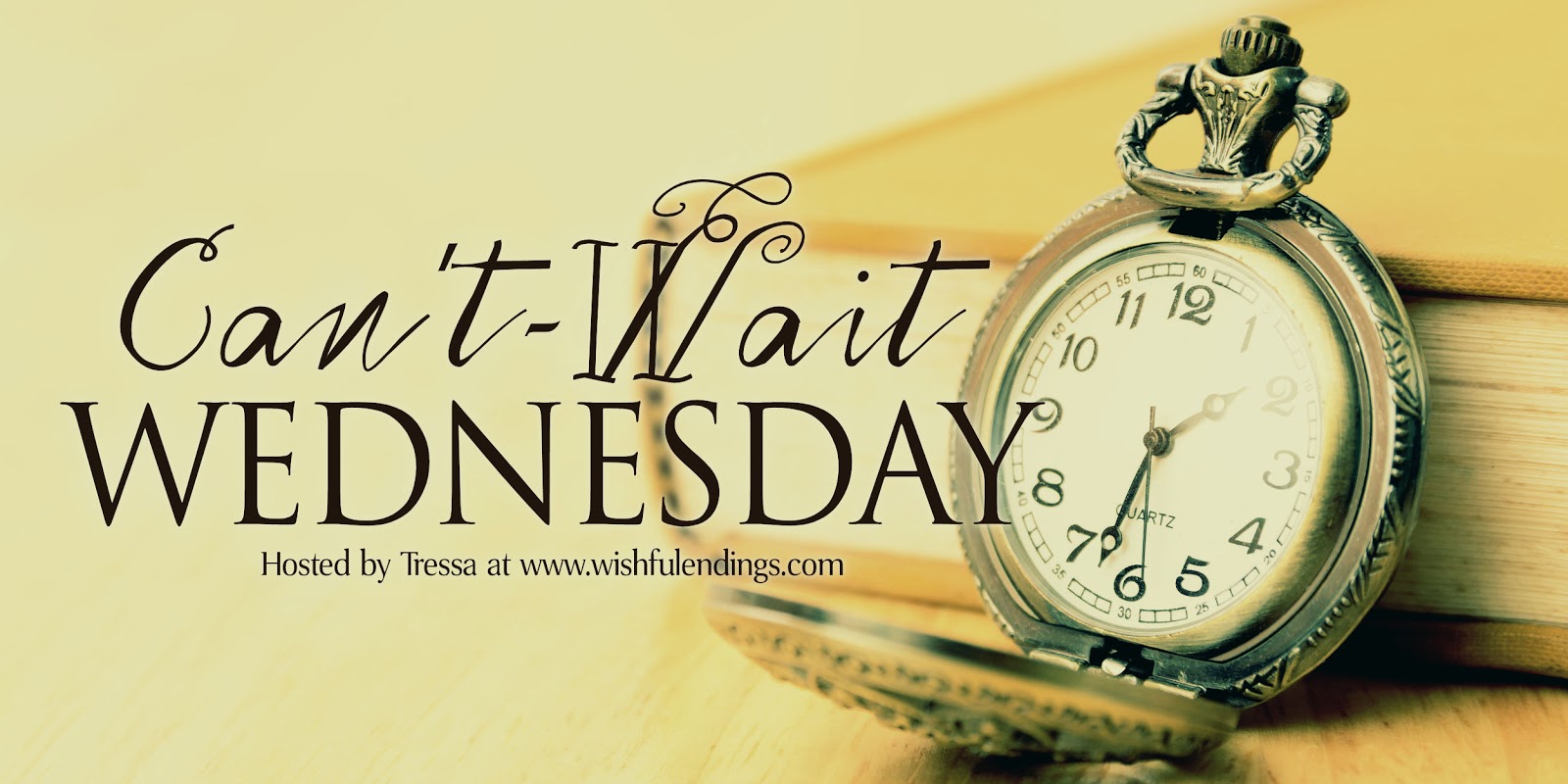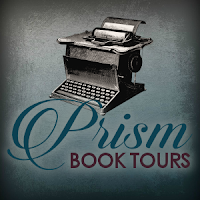Author Interview
What main themes do you explore in The Heartwood Crown?
The Heartwood Crown dives deep into questions about how we deal with injustice on both personal and corporate scales. It also explores loss and grief, and how we discover forgiveness for past wrongs in our lives.
How have these themes developed or changed as the series continues?
The Crescent Stone was, in many ways, about the unwitting injustices we can sometimes participate in without our direct knowledge. As the characters became aware of these injustices they responded in different ways. Darius went into full-on warrior mode, trying to bring justice through the sword. Jason discovered that he needed to be honest about himself, not just the world around him, if he really wanted to change things. Madeline discovered that personal sacrifice and small changes sometimes have large effects. As we move into book two, the questions become more complex. We move from the ways the characters have unwittingly participated in unjust systems and into questions of what we do when there has been injustice over multiple generations. None of the living characters are responsible for what has come before, so how can they possibly make things right? Is there a way to bring justice for the past without inflicting an unjust price on the descendants of those who did wrong years ago?
The Sunlit Lands series delves into the subject of privilege from the perspective of the privileged. How do you hope this trilogy will change the way readers think about how privilege influences their own lives?
The simple definition of privilege I use is “all other things being equal, this thing provides an advantage.” So, for instance, there are privileges inherent with having wealth. The main character Madeline is a great example in this story of someone who has many privileges that others don’t: she’s upper-middle class, intelligent, from the majority culture, and goes to a nice school. That’s all privilege. Of course, she also has a terminal illness, which means that she doesn’t have a privilege that most of her peers do: good health. Privilege is complicated, and the people least likely to notice it are those who have it. One of the things I love about Madeline’s journey is that she cares enough about people to see them where they are, which means that she comes to recognize her own privileges. While I think it’s important to become aware of our own privilege, it’s not wrong to be a person of privilege. The question is—and this is the question Madeline continually wrestles with—how do I use this power for the good of those less privileged? I hope that people who read
The Crescent Stone and
The Heartwood Crown come away looking for the places where they have privilege and desiring to use those gifts for the benefit of their communities and the people around them.
How have the main characters in this story grown since they were introduced in the first book, The Crescent Stone?
Jason Wu has opened himself to love and friendship in new ways. Madeline has learned to take personal responsibility for herself and is now struggling with accepting her dire health situation. Darius is learning that he’s quick to fight against injustice in this fantasy land but struggles to do the same back home. Shula, who was a side character in the previous book, steps into the spotlight as she struggles with the intense anger burning within her after the loss of her family in Syria. Meanwhile, our dear friend Hanali has learned nothing and continues to be his charming but possibly evil self.
Which scene in The Heartwood Crown did you most enjoy writing?
For a large portion of this book, Jason Wu is being hunted by a Kakri warrior named Bezaed. Any scene that had both of them in it was a lot of fun to write, because Jason has such a big mouth and Bezaed is so serious (and of course trying to murder Jason). And I have to say the terrifying entrance into the world of the necromancers was a lot of fun too.
As you were crafting the characters in The Heartwood Crown, did any of them surprise you?
Jason Wu has a special way of breaking the rules and not doing what I planned in my outline. In
The Heartwood Crown there’s a moment where he’s sent on a quest, and I had planned a little three- or four-chapter adventure for him. But when the quest was explained to him, he thought about it and said, “Why would I do that when I could send this other character who could get there faster and just come tell me what happened?” Jason often stubbornly refuses to do the things his author requires. So that was a funny moment where I was surprised and shaking my head. He sidestepped my plans. When he came up with the idea of “changing his story” I knew I was in trouble. He started subverting everything I threw at him, which was delightful and entertaining for me because I never quite knew what he was going to do.
In The Heartwood Crown you have a terminally ill character named Madeline, and you deal with her illness in a way that seems outside the norms of fantasy literature. Can you tell us a little bit about that?
When I first started writing
The Crescent Stone my best friend, Shasta, was battling terminal cancer. I started writing
The Heartwood Crown during a period of deep grief and personal loss. It’s somewhat common in fantasy novels and fairy tales for sick people to be healed with magic apples or enchanted water or with rare plants or even a peculiar toad. But when
The Heartwood Crown starts, Madeline already knows how the magic of the Sunlit Lands works . . . she can be healed, but only if someone else pays the price. That pushes us firmly back into the “real world” of dealing with terminal illness. We can hold out hope for a miracle (and I believe those do sometimes come to us!), but in time we have to embrace that we all have death in our future. Madeline’s movement toward acceptance of her illness has a profound impact on her friends and, indeed, on the Sunlit Lands as well. I don’t believe we really embrace the beauty of life if we pretend the painful parts aren’t there. There’s a scene in this book that I read maybe twenty times during the editorial process. Every time I read it I wept. But then, there’s hope, too. There’s still beauty in the world, still places of healing. It may not be golden apples or the fountain of youth, but I believe we can still find comfort in our grief.
Can you give us a sneak peak of what’s to come in the third and final book in this series?
There’s a short time jump between books two and three, so we start with catching up with all our friends and what they’re doing now. The Sunlit Lands are in chaos after the events of book two. Darius is working to put himself in the center of the action, but he’s trapped as an outsider. Jason discovers that he has a more central role to play in the Sunlit Lands than he ever dreamed, which he’s trying to navigate while attempting to repair some broken relationships. And Shula has a startling revelation about her own past that will lead her into a painful recognition about what needs to change in the Sunlit Lands if they are going to survive! Book three is called
The Story King, and like the other two books in the series it will be full of adventure, laughs, and moments of deep sorrow. It’s epic in the truest sense, and I hope the book doesn’t become so long that you can’t pick it up to read.
What advice would you give to young writers today, especially those interested in writing fiction?
You have to be disciplined to keep writing. Like most skills, whatever your initial level of giftedness, the more you write the better you get. Read the best books in the genre you’re writing. Watch the way the author uses words. How is the story constructed? Does the author do something you don’t know how to do? For instance, does she write a scene that taps deep into your emotions and makes you cry? How was that accomplished? What wording made that possible? How was the situation described to bring you to that place? Take time to learn the craft. But most importantly, keep writing!




































